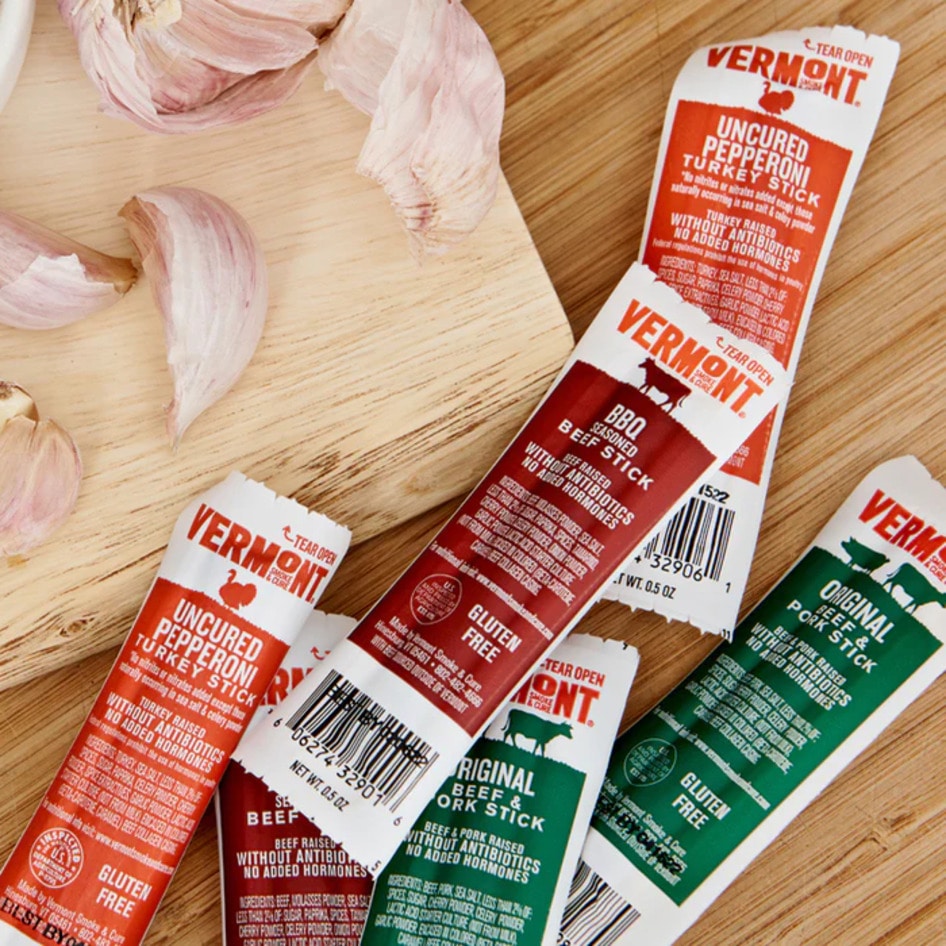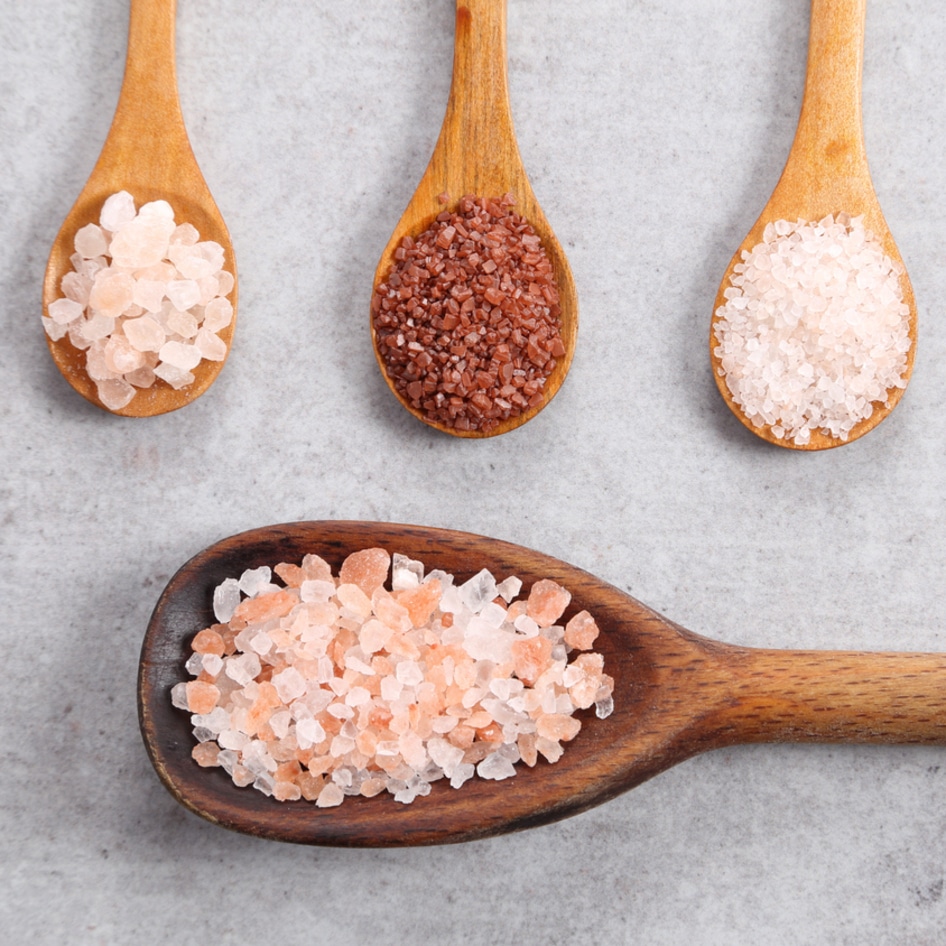In the last few years, the number of vegan meat products lining the shelves has surged dramatically. The global market, which was valued at more than $5 billion in 2021 and is set to hit more than $33 billion by 2031, has given us bacon, burgers, sausages, chicken pieces, and much more, all of which look, taste, and cook like real animal meat—but they’re made from plants. Catering to the growing demand from vegans and flexitarians alike, the alternative protein industry is consistently innovating to produce products that are tastier and more convincing than previous iterations.
But while the growth in the plant-based protein market is exciting, is processed vegan meat actually good for us? Spoiler alert: it’s still better than real animal meat, according to research. But there are some things to keep in mind before you start eating it for breakfast, lunch, and dinner.
What is processed vegan meat?
Processed vegan meat is, essentially, a plant-based product that has been made to look, taste, and cook like real animal meat using a wide range of non-animal ingredients.
Take the Beyond Burger, for example. The juicy patty has the same texture and mouthfeel as a beef burger, but it’s made with pea protein—a popular plant-based ingredient derived from yellow peas. Quorn is another popular example. The British brand uses mycoprotein, a type of protein that comes from fungus, to make its extensive vegan and vegetarian meat portfolio, which includes products like vegan ham, chicken, and pork. These two brands are just the tip of the iceberg. When it comes to plant-based meat products, there are literally hundreds of options on the shelves.
Note: while tofu and seitan can be used in place of meat, as well as ingredients like jackfruit and mushrooms, in this article, we are looking at processed options from vegan meat brands. But for more on each of these ingredients, check out our guide to nutritious ingredients to replace meat here.
 Impossible Foods
Impossible Foods
Is processed vegan meat healthy?
When used in place of processed animal meat, processed vegan meat is the healthier option, research suggests. Processed animal meat is linked to a higher risk of heart disease, for example, and the World Health Organization has even classified it as a Group One carcinogen, while red meat is a Group Two carcinogen.
In contrast, a recent study suggested that, when compared with diets that rely on the same amount of animal meat, incorporating an average of two servings of plant-based meat into a person’s diet may reduce the risk of heart disease.
Another review, released in 2022 and conducted at the UK’s University of Bath, examined 43 studies into the health and environmental impact of plant-based meat and dairy alternatives. It suggested that they are “better for the environment and for human health when compared with the animal products they are designed to replace.”
But, it’s important to note that processed vegan meat isn’t perfect.
“Processed vegan meats like Beyond Burgers can be part of a balanced diet and can provide a nice alternative to those following a vegetarian or vegan diet, but they should be consumed in moderation,” Ana Reisdorf, MS, RD for The Food Trends, told VegNews.
“They are generally lower in saturated fats when compared to traditional meat, making them a healthier choice in that regard,” she added. “They are a good source of plant-based protein and don’t contain cholesterol. However, some drawbacks include that they are highly processed, contain potentially harmful additives, and have higher sodium content.”
 Unsplash
Unsplash
Reisdorf summarizes that, quite simply, a healthy plant-based diet should emphasize whole foods, like fruits, vegetables, nuts, legumes, and grains, and keep plant-based meat products for every now and then. “Processed vegan meats should not be a daily staple,” she says. “But they can be an occasional treat or a convenient option.”
And there is plenty of research to back this up. After all, whole foods are a good source of vitamins, minerals, antioxidants, and fiber.
“Fiber can help regulate blood sugar levels, normalize bowel movements, lower cholesterol levels, and keep your colon healthy,” Ashley Kitchens, MPH, RD, LDN, who is also the owner of the plant-based platform Plant Centered Nutrition told VegNews. “Whole food plant-based eaters consume about three times more fiber than someone following the standard American diet.”
For more on how to follow a whole food, plant-based diet, find our guide here.
For more on vegan meat, read:
JUMP TO ... Latest News | Recipes | Guides | Health | Subscribe









